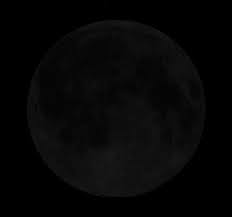In poetry, new moon nights and the
absence of the moon are often depicted as a time of darkness, mystery, and
quiet contemplation, evoking feelings of solitude, anticipation, and the
potential for new beginnings.
Symbolism of Darkness:
The new moon, being the phase
where the moon is not visible, naturally lends itself to imagery of darkness
and shadows. Poets might use this to explore themes of the unknown, the
subconscious, or the hidden aspects of life.
Quiet and Solitude:
The absence of the moon's light
can create a sense of stillness and tranquility. This can be used to evoke
emotions of introspection, reflection, and a connection with nature.
Anticipation and New Beginnings:
The new moon marks the beginning
of a lunar cycle, which can be interpreted as a symbol of new beginnings and
fresh starts. Poets might use this to explore themes of hope, renewal, and
the potential for change.
Examples in Poetry:
"The New Moon" by William
Wordsworth: This poem explores the beauty and mystery of the new moon,
describing it as a "pale and gentle star".
"New Moon" by Richard
Wilbur: This poem captures the feeling of anticipation and wonder that the
new moon evokes, describing it as a "promise".
"New Moon" by Emily
Dickinson: This poem explores the themes of darkness and solitude,
describing the new moon as a "veil".




No comments:
Post a Comment